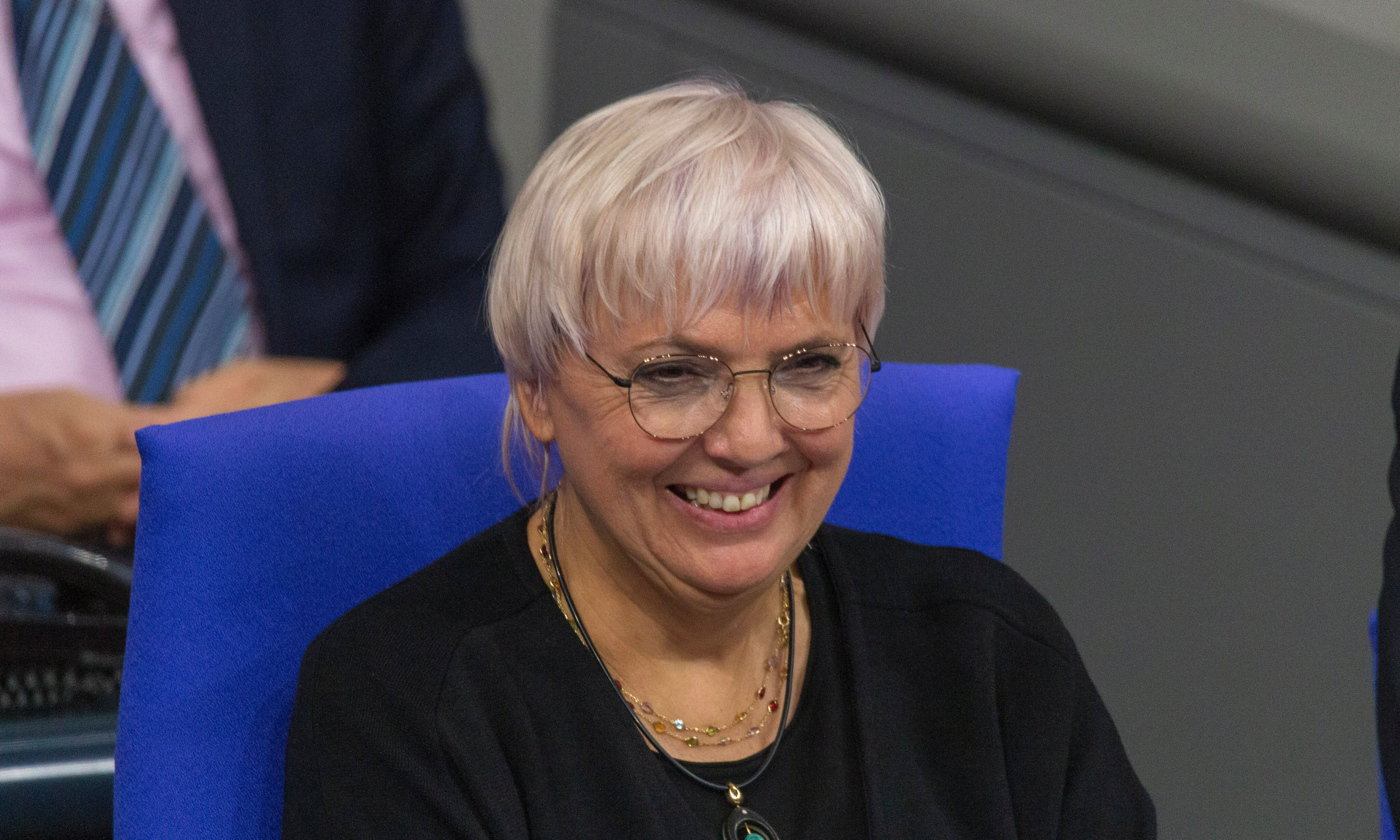Germany's culture minister Claudia Roth
The German government and 16 states approved reforms aimed at helping the heirs of Jewish collectors to recover Nazi-looted art—most importantly, the introduction of binding arbitration for claims to replace the current advisory commission, which has no legal means to enforce its recommendations.
The reforms, which do not require parliamentary approval, also grant claimants unilateral access to arbitration, in contrast to the current system under which both parties in a dispute must agree before a claim can be submitted for evaluation. This change is a long-standing demand of the government and the current advisory commission but has previously faced resistance from the states.
Claudia Roth, the German culture minister, said in a statement released after a meeting yesterday of government and state culture officials that they aim to implement the reforms before the end of 2024.
“The joint decision today is a big and important step forward to considerable improvements in the return of Nazi-looted art,” Roth said. “We have agreed a very ambitious timetable.”
Roth said the changes will allow Germany to better meet its commitments under the international, non-binding Washington Principles on returning Nazi-looted art. Stuart Eizenstat, the US secretary of state’s Special Adviser on Holocaust Issues, has criticised Germany as a laggard in art restitution.
The 25-year-old Washington Principles were reinforced earlier this month by a new “best practices” agreement signed by 22 countries and presented in Washington by US Secretary of State Antony Blinken. The “best practices” specify that claimants should have access to national panels that adjudicate cases without requiring the current holder’s consent.
The German reforms “will resolve deadlocked cases,” says Ulf Bischof, a Berlin lawyer who represents the heirs of Jewish collectors whose art was looted by the Nazis. “For the first time in 25 years, heirs will get a real chance to be heard by a designated arbitration panel, even if a museum strictly denies that an object in dispute constitutes looted art. Heirs no longer have to beg for a third opinion.”
Bischof says he hopes the government and states stick to their timetable. “Germany has to pick up some speed in light of its historic responsibility,” he says.

